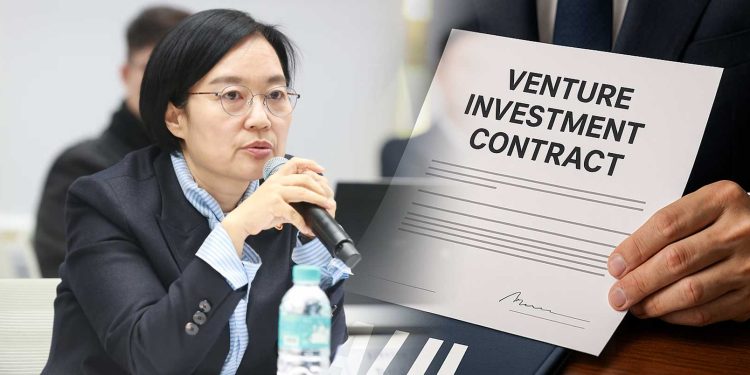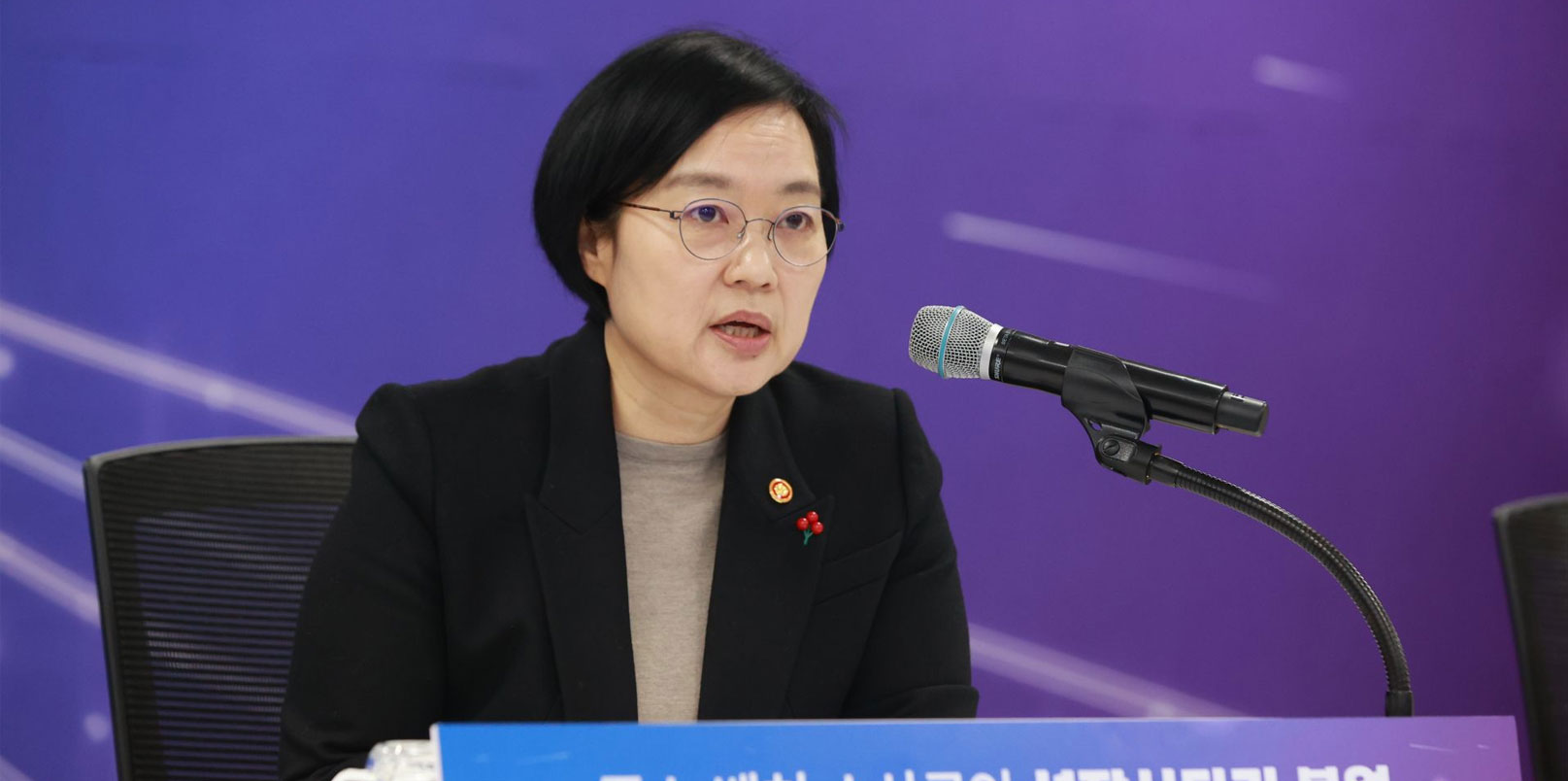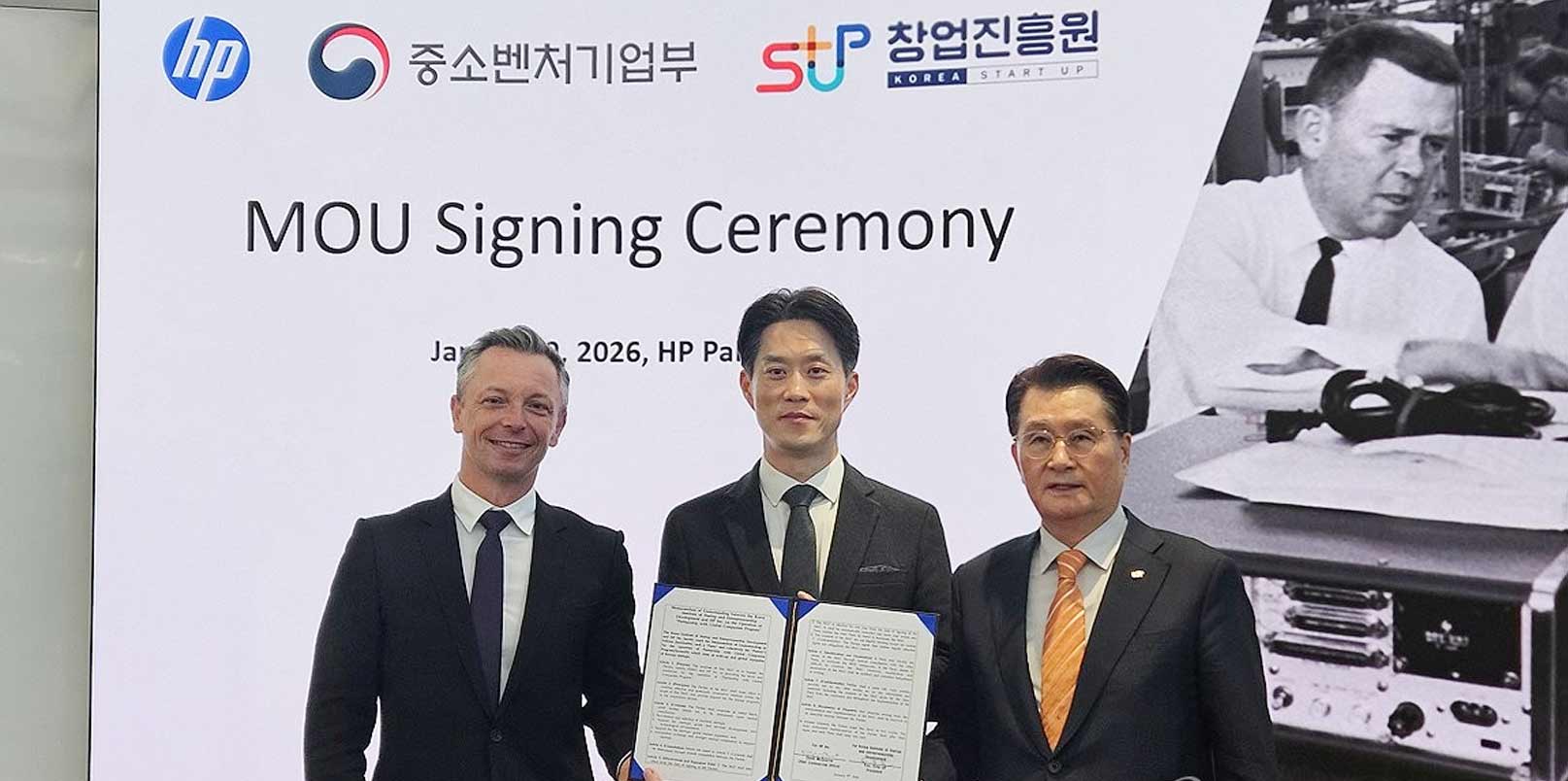South Korea is moving to rebuild trust in its venture investment ecosystem. Following months of debate over unfair contract terms in government-linked venture funds, the Ministry of SMEs and Startups (MSS) has announced a sweeping initiative to revise toxic clauses, protect founders, and expand fair-contract standards. The move signals a broader effort to align Korea’s startup funding environment with global norms of transparency and investor accountability.
Government Launches Venture Contract Reform Initiative
On November 5, 2025, Minister Han Seong-sook of the MSS met with venture capitalists, accelerators, and policy experts at the Venture Investment Field Dialogue in Seoul’s Gwanghwamun district.
The meeting addressed persistent complaints from founders that certain Fund of Funds sub-contracts imposed excessive legal burdens, including clauses demanding compensation when startups fail to go public.
Minister Han confirmed that the government will revise these “toxic provisions” within the year and include the reform in its upcoming “Top Four Venture Powerhouse Strategy,” a new roadmap marking 30 years of Korea’s venture ecosystem and 20 years of the Fund of Funds.
Officials said the ministry’s immediate priority is to create a fairer, more balanced investment environment—one that respects contract autonomy but prevents exploitative terms between venture investors and founders.
Growing Concern over Contract Disputes and Legal Burdens
The reform follows rising tension in Korea’s venture market.
During the recent parliamentary audit, lawmakers highlighted contractual disputes between investment firms and startups that received funding through sub-funds managed by the Korea Venture Investment Corp. (KVIC).
Public disclosure of clauses penalizing startups for unsuccessful IPOs triggered industry backlash, prompting the MSS to act.
In response, the ministry also introduced the ban on third-party joint liability, which took effect on October 31. The regulation prohibits accelerators and private investment unions from forcing startup CEOs or unrelated third parties to share liability for investment losses.
Officials said the measure would curb unreasonable investor protections and correct long-standing power imbalances in early-stage financing.
A Call for Risk-Sharing and Fairness
Minister Han Seong-sook of MSS emphasized that Korea’s next growth stage depends on restoring mutual confidence between capital and innovation:
“For startups to grow into unicorns and eventually K-Big Tech, venture capital must act as patient and risk-bearing capital. The government will take on greater risk itself to draw diverse private funds into the venture market while promoting a fair and transparent investment culture.”
Participants from the Korea Venture Capital Association (KVCA) and Corporate Venture Capital (CVC) working groups supported the reform agenda but urged careful design to maintain fund independence and avoid conflicts of interest.
They also proposed easing restrictions on CVC external funding, allowing the creation of special purpose companies (SPCs), and enabling co-management (Co-GP) structures to broaden corporate participation in venture investment.
Reforming Investment Contracts: A Trust-Building Moment for Korean Venture Capital
The reform effort reflects a strategic inflection point in Korea’s startup ecosystem.
For two decades, the Fund of Funds has supplied critical early capital to tech ventures, yet its rigid legal frameworks often discouraged risk-taking.
Therefore, by modernizing contract standards and clarifying liability boundaries, the government aims to restore confidence among founders, investors, and limited partners alike.
Globally, Korea’s approach parallels regulatory trends in the United States, Japan, and Singapore, where policy makers are reinforcing investor governance and startup protection to attract long-term capital.
That is why if executed effectively, these changes could strengthen Korea’s standing as a venture capital hub in Asia, capable of channeling patient capital into high-growth technology sectors such as AI, biotechnology, and smart manufacturing.
Toward a Fair and Sustainable Venture Future: Becoming Top Four Global Venture Powerhouse
Finally, Korea’s strategy to become Top Four Global Venture Powerhouse to be announced by year-end, and it will serve as the blueprint for Korea’s next generation of venture policies.
By reforming outdated investment clauses, redefining government’s risk-sharing role, and reinforcing fairness across contracts, Korea is positioning its venture ecosystem for sustainable growth.
For global investors and founders watching Asia’s innovation landscape, the initiative represents a signal that Korea is not only fueling startups with capital but also rebuilding the governance foundation that sustains trust in the long run.
– Stay Ahead in Korea’s Startup Scene –
Get real-time insights, funding updates, and policy shifts shaping Korea’s innovation ecosystem.
➡️ Follow KoreaTechDesk on LinkedIn, X (Twitter), Threads, Bluesky, Telegram, Facebook, and WhatsApp Channel.






